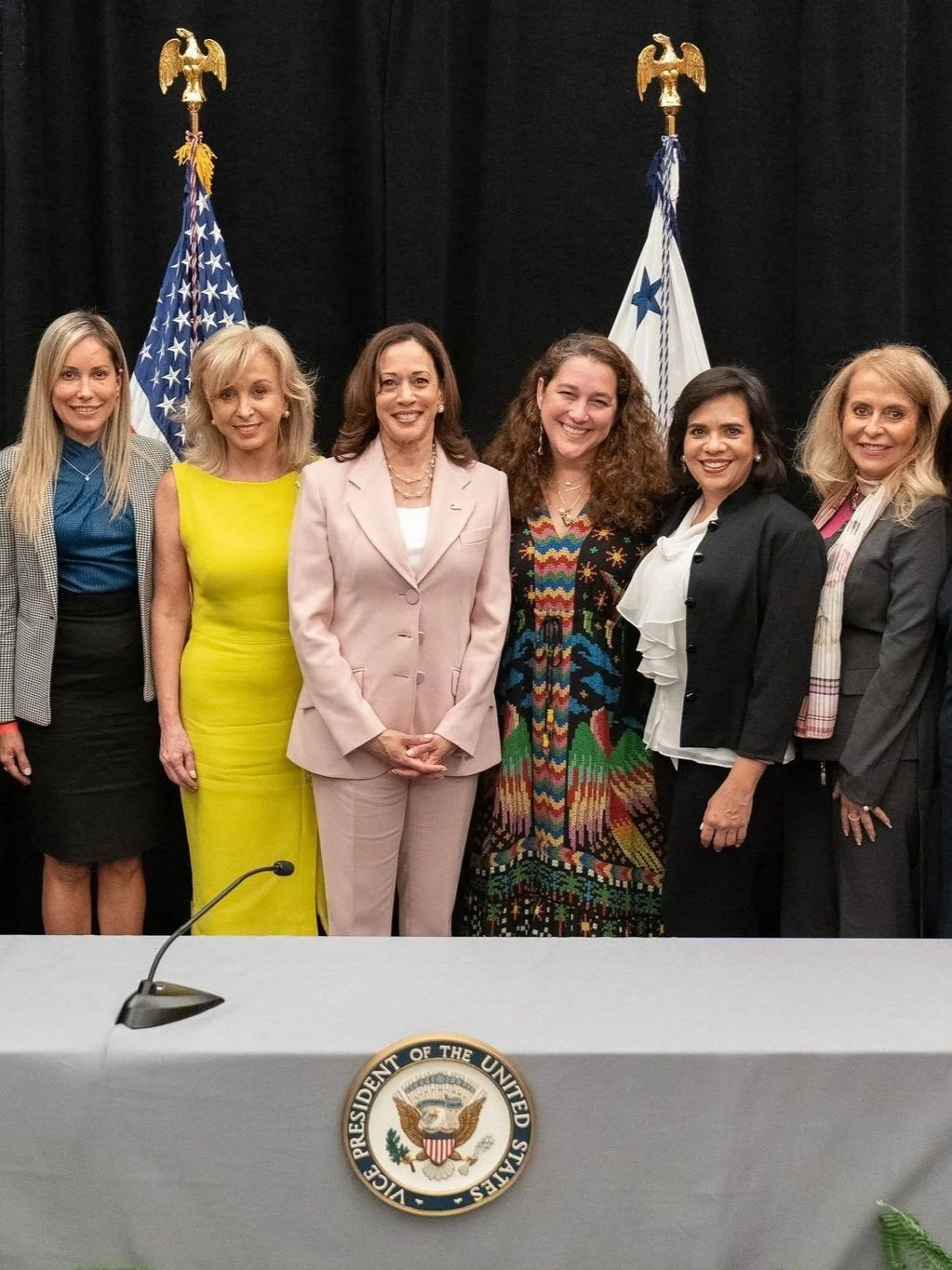"The winners prove that it’s possible to improve the environmental impact of the fashion industry,” said Karl-Johan Persson, the CEO of H&M and board member of the H&M Foundation. Persson was speaking to British Vogue about this year’s winners of the Global Change Award, launched back in 2015 by the global retailer’s non-profit arm, and which now attracts applicants from almost every country in the world. Here we take a look at this year’s five successful entries, selected from a record-breaking 6,640, as profiled on vogue.co.uk.
Circular.Fashion
Taking first place this year is circular.fashion’s Circular Design Software, a tech-based system aiming to support a truly circular economy. The German system specifies how each choice of material, its cut and production will affect the planet, saving the details into a unique ‘circularity.ID’. This can then also be accessed by consumers and recycling facilities, thus encouraging reuse and recycling.
Dimpora
Switzerland-based duo dimpora were recognized for creating a non-toxic, biodegradable, mineral-based and fluorine-free alternative to the damaging chemicals typically used to make outdoor wear. The innovative, micro-thin membrane will guard any garment against the elements, without harming the environment.
Green Nettle Textile
Addressing the need for social as well as sustainable solutions to fashion’s environmental challenges, Green Nettle Textile transforms stinging nettles into a linen-like fabric, creating employment opportunities for 200,000 smallholder farmers in the process. The resilient and low-maintenance plants grow easily in the company’s native Kenya, and while the stalks are turned into the sting-free fabric, what remains is also used to create paper and dyes.
Petit Pli
Inspired by origami and space engineering, UK-based brand Petit Pli creates childrens’ clothes that grow and expand with the child. Given that children grow around seven sizes in their first two years of life, leaving landfills full of baby clothes that have hardly been worn, these designs seek to minimise waste as well as save money.
Le QaraT
The increasing use and popularity of vegan leathers has been well documented, but a new 100 per cent biodegradable alternative by Peruvian brand Le QaraT raises the bar. Using flowers and fruits, the company can mimic virtually any leather texture, color, toughness and thickness, making it the most “authentic” recreation of leather yet.
Each of the five winners will share a €1 million grant and gain access to a year-long accelerator program which has been designed to get their technology to market as quickly as possible. And this year, the successful entrants will also benefit from a new initiative with crowdfunding platform Indiegogo, which gives consumers an active role by encouraging them to back the pioneers financially.
“It’s now up to the industry to be bold and pilot these innovations with customers in a commercial context,” said H&M Foundation’s innovation lead, Erik Bang.
















